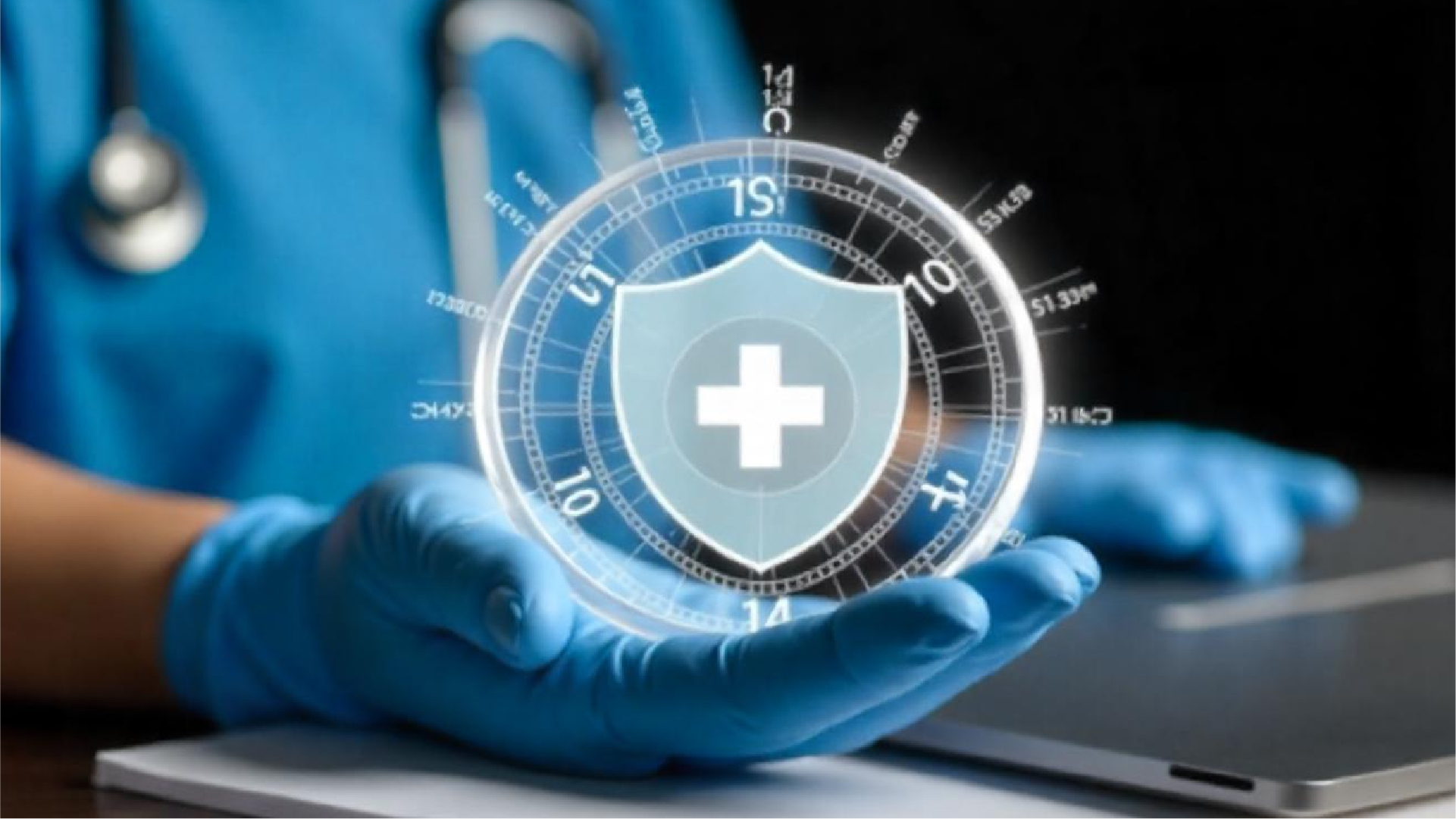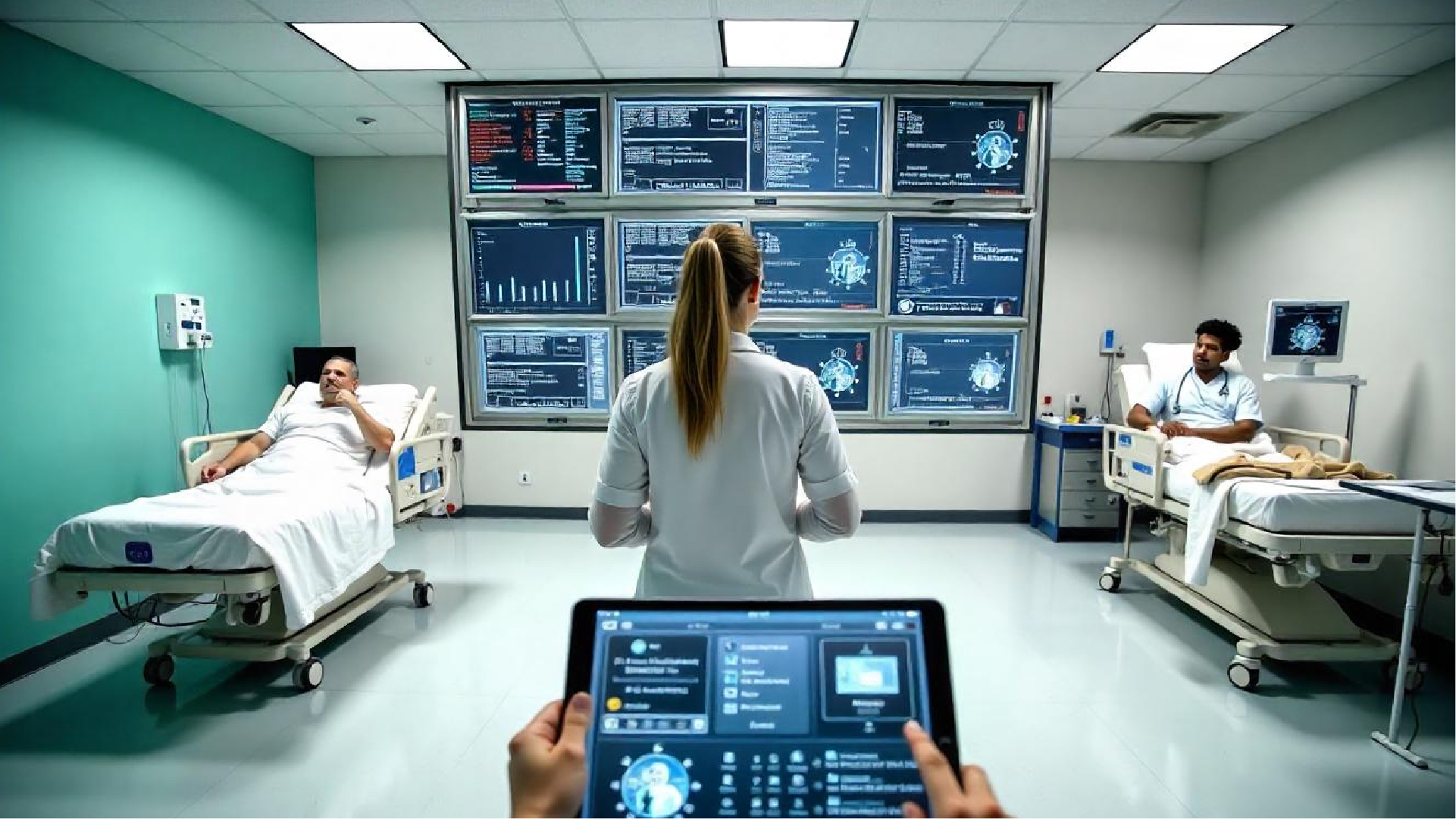Key Trends Shaping the Future of Personal Injury Healthcare in 2025
As we move into 2025, the personal injury healthcare industry stands at the cusp of a transformative era. Technology continues to reshape how care is delivered, while evolving patient expectations and regulatory changes demand a more adaptive and efficient approach. The integration of artificial intelligence, the rise of telemedicine, and the focus on data security are not just trends; they are redefining the very fabric of personal injury care.
These shifts bring both opportunities and challenges. Providers must navigate complex liability issues, embrace digital innovation, and meet the growing demand for patient-centered care. Understanding these trends is essential for healthcare professionals, attorneys, and patients alike to thrive in an industry undergoing rapid evolution. Here, we explore the key changes that will shape personal injury healthcare in 2025 and beyond.
1. Technological Advancements in Healthcare
Advances in technology are fundamentally reshaping the landscape of personal injury healthcare. Artificial intelligence and machine learning are being integrated into clinic operations to streamline tasks like patient scheduling, record management, and outcome prediction. Predictive analytics allows healthcare providers to anticipate patient needs and optimize care documentation and record accuracy.
The adoption of digital tools is also enhancing case documentation and making case-related records easily accessible to legal teams. Wearable devices and smartphone apps are being used to gather valuable health metrics and provide real-time insights into patient recovery, which can be critical in legal proceedings.
2. The Rise of Telemedicine
Telemedicine, which saw rapid adoption during the COVID-19 pandemic, continues to transform personal injury care. Virtual consultations allow for seamless communication between patients and healthcare providers, reducing barriers such as distance or limited mobility. Remote medical evaluations and follow-ups ensure that patients receive timely care without the logistical challenges of traveling to a clinic.
This technology has also made it easier to involve specialists from different locations in patient care, providing a level of expertise that might otherwise be unavailable locally. In personal injury cases, virtual medical assessments and expert testimonies have become integral in reducing costs and improving the efficiency of legal processes.
3. Data Security and Privacy
With the increasing digitization of healthcare, data security has become a critical concern. Personal injury clinics handle highly sensitive patient information, making them prime targets for cyberattacks. Protecting this data is not only a legal obligation but also a moral responsibility to ensure patient trust.
Healthcare providers are implementing stronger encryption methods, adopting multi-factor authentication, and ensuring compliance with regulations like HIPAA and GDPR. Clinics must prioritize cybersecurity to avoid breaches that could compromise patient data or derail legal cases.
4. Patient Empowerment and Engagement
Patients today expect a more active role in their care. The ability to access health records, monitor treatment progress, and communicate directly with providers has become a baseline expectation. This shift toward patient empowerment has improved adherence to treatment plans and overall satisfaction.
The use of patient portals and mobile applications has further simplified the process of scheduling appointments, receiving updates, and accessing educational resources. Engaged patients are more likely to complete their recovery journeys successfully, which benefits both their health outcomes and their legal claims.
5. New Liability Paradigms
The rise of autonomous vehicles and other emerging technologies is creating new challenges in personal injury cases. Determining liability in accidents involving self-driving cars, for example, requires an understanding of both human error and technological failure. Questions of responsibility may involve the vehicle manufacturer, software developer, or the individual occupant.
Similarly, the proliferation of micromobility devices like e-scooters and electric bikes has introduced a new category of injury claims. These cases often involve complex liability issues, including manufacturer negligence, inadequate safety measures, or rider error.
6. The Growing Importance of Mental Health
In recent years, there has been a greater focus on recognizing and addressing the mental health impacts of personal injury cases. Conditions like PTSD, anxiety, and depression are now being considered alongside physical injuries in compensation claims.
Healthcare providers are incorporating mental health evaluations into their treatment plans, and courts are increasingly awarding damages for emotional distress. This shift acknowledges the full scope of harm caused by personal injury incidents.
7. Environmental and Public Health Concerns
Personal injury healthcare is also intersecting with broader issues like environmental health and public safety. Toxic exposures, environmental pollution, and product defects are leading to an increase in claims related to public health emergencies. Healthcare providers are playing a critical role in documenting and treating these injuries, which are often complex and require specialized expertise.
8. Legislative and Regulatory Shifts
Changes in legislation are reshaping the personal injury landscape. For example, laws aimed at protecting gig economy workers are likely to expand access to compensation for on-the-job injuries. Similarly, stricter regulations on product liability are increasing corporate accountability, leading to more claims related to defective products.
These changes demand that healthcare providers and legal professionals remain informed about evolving legal requirements to ensure compliance and provide accurate documentation for personal injury cases.
Conclusion: Preparing for the Future
The future of personal injury healthcare is both exciting and complex. Technological advancements, new liability paradigms, and a growing emphasis on patient-centered care are transforming the way clinics operate, and cases are managed. Staying ahead of these trends requires healthcare providers and legal professionals to adopt innovative solutions that streamline operations, enhance patient engagement, and safeguard sensitive data.
Solutions like FloatCare are leading the charge in this transformation. By offering a secure, centralized platform, FloatCare ensures compliance, protects patient data, and provides centralized access to case records for authorized legal teams. FloatCare equips clinics to navigate the challenges of the future while delivering exceptional care to patients.
The time to embrace these changes is now. With tools like FloatCare, personal injury healthcare providers can future-proof their operations and streamline case documentation workflows in an evolving industry. Learn more about how FloatCare can redefine the way you approach personal injury healthcare today. Just pasting this here to use somewhere else.











